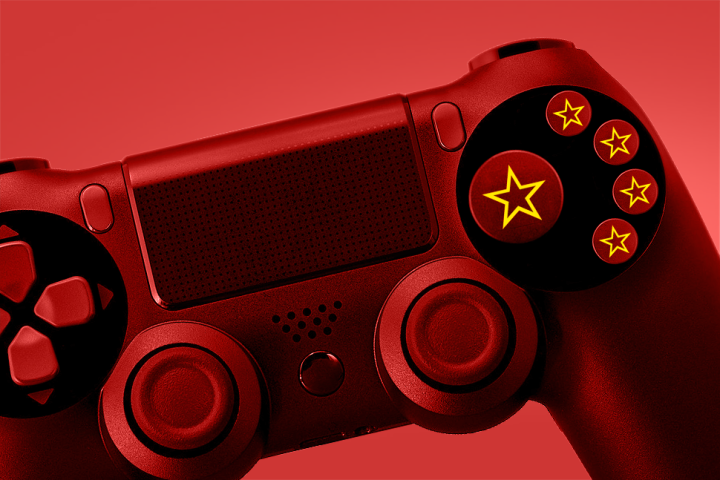
After 14 years, The People’s Republic of China finally decided to remove its self-imposed ban on video game consoles back in January 2014. That opens up a major new market to Microsoft, Nintendo, and Sony, but the games will need to fit strict guidelines if they want to see release.
China has announced its new software censorship guidelines that developers will need to follow if they hope to have their games approved for release by the Chinese Cultural Department. Assuming the game avoids the outlawed content listed below (which was originally posted on Netease, and then reposted in English on CVG), a game can expect approval within 20 days.
- Gambling-related content or game features
- Anything that violates China’s constitution
- Anything that threatens China’s national unity, sovereignty, or territorial integrity.
- Anything that harms the nation’s reputation, security, or interests.
- Anything that instigates racial/ethnic hatred, or harms ethnic traditions and cultures.
- Anything that violates China’s policy on religion by promoting cults or superstitions.
- Anything that promotes or incites obscenity, drug use, violence, or gambling.
- Anything that harms public ethics or China’s culture and traditions.
- Anything that insults, slanders, or violates the rights of others.
- Other content that violates the law
Many of these rules are fairly straightforward and universal. Actual gambling using real money in games is prohibited in most places, and very few games could get away with knowingly violating the constitution of the country they are being released in. After that though, the rules become a bit vaguer.
One of the most nebulous rules listed is the one that prohibits “anything that harms public ethics or China’s culture and traditions.” That can literally be just about anything. The note about disallowing “anything that promotes or incites obscenity, drug use, violence, or gambling” should also cause some concern for developers hoping to bring Western games to Eastern shores. A game like Grand Theft Auto V for instance – the best-selling game in the world in 2013 – would likely fail that test several times over.
Despite the restrictions, the $13 billion Chinese gaming market is simply too big a prize for developers and publishers to ignore. Microsoft has already announced plans to bring the Xbox One to China, and Sony recently opened a new China Strategy Department out of its Japanese office. Nintendo, which would seem to have a slight advantage in terms of having many of its family-friendly games easily clear the guidelines, may find itself fighting for name recognition though. Both Sony and Microsoft have at least some brand visibility in China due to thier other, non-gaming products. Nintendo, however, would enter the market as a mostly unknown company to Chinese consumers.
The $13 billion Chinese gaming market is simply too big a prize for developers and publishers to ignore.
In 2013, Iron Man 3 prominently featured Chinese product placement; the studio went so far as to film additional scenes for Chinese-only audiences that introduced a new character, a doctor that would go on to save Tony Stark/Iron Man’s life. This is perhaps an extreme example of trying to appeal to the Eastern market, but it is becoming a reality that big-budget films need to consider international audiences, including China.
When it comes to games released under the Chinese guidelines, publishers may opt to create games exclusive to the Eastern market, but that would require substantial investments in new development teams. Alternatively, they may try to create ports for the Chinese market that censor existing games in accordance with the new guidelines. That could prove to be a difficult process though, depending on the game’s content.
Of course, developers and publishers can always attempt to develop and market games from scratch for a worldwide audience, but the Western and Eastern markets have proven to be very different. Beyond cultural differences in the games themselves, Chinese gamers have embraced the free-to-play business model wholeheartedly.
Activision was recently granted permission to release a Call of Duty game in China, with Chinese gaming giant Tencent handling the publishing, marketing, and distribution. Rather than porting one of its existing COD games though, it instead elected to release Call of Duty Online, a free-to-play take on the shooter series that is exclusive to China. It recycles old COD multiplayer maps, and is supported by a microstransactions-based income model.
So what does this mean for the Western console gamer? At the moment very little. Chinese fans will still need to embrace the consoles themselves, something that may or may not happen. If they do though, it opens up a new frontier for the console gaming industry.


